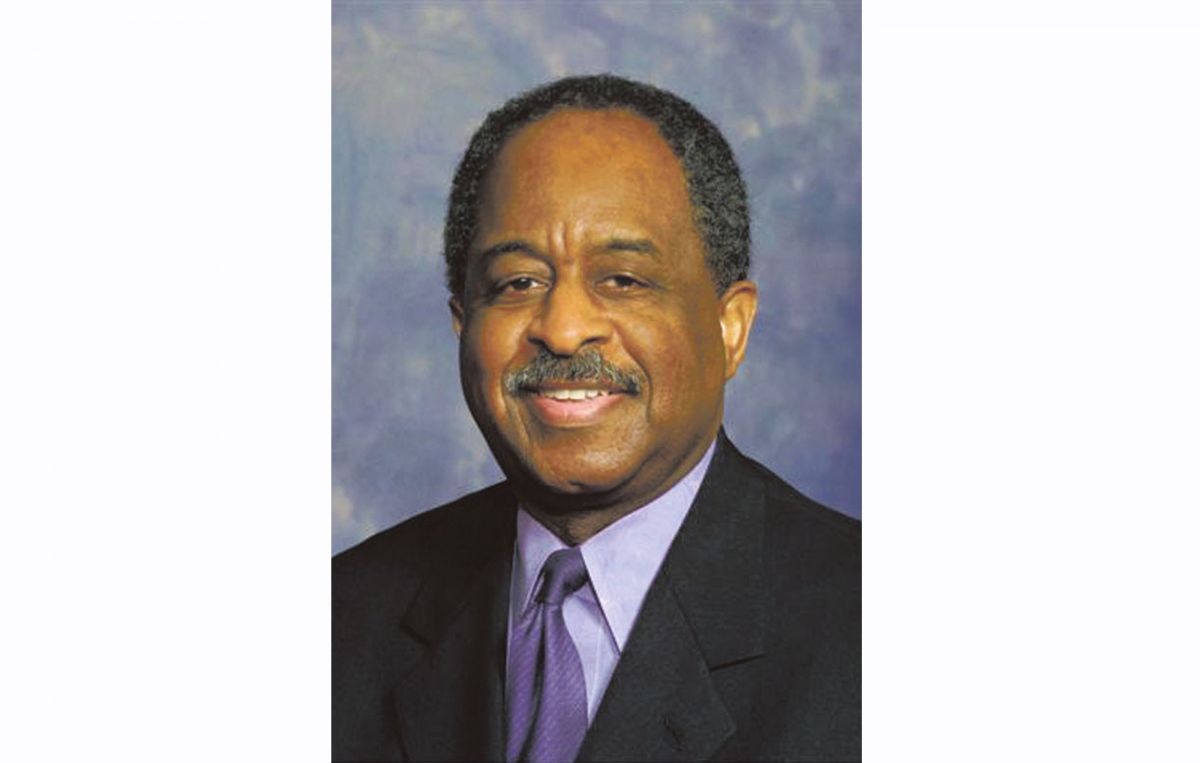Durham’s Poverty Reduction Initiative met last Wednesday to lay out strategies for reducing poverty levels in Durham.
The initiatives center around Durham's Census Tract 10.01, a large section of Northeast Central Durham with high levels of residents living below the poverty line. The strategic plan builds on poverty initiatives introduced by Mayor Bill Bell at the start of 2014.
Task forces working for the initiative reported progress on employment levels, public safety, finance, health, housing and education in area of Census Tract 10.01. This task force was initiated after Bell's 2014 State of the City address, in which he highlighted his hopes for poverty reduction in Durham.
Bell's visions at the start of 2014
With close to 20 percent of Durham's population—or approximately 44,600 residents—living under the poverty line In January 2014, Bell highlighted two key aspects of relieving poverty he planned to focus on in years to come—relationship-building across poverty lines and the creation of social and educational opportunities for Durham's youth.

"We as a city and county are rich in many resources," Bell said in his 2014 speech. "We must find a way to harness those many resources to focus or target the reduction in poverty in our community."
Among the organizations mentioned in his speech, Bell targeted two that are key to paving the way for poverty elimination—REAL Durham and Made in Durham.
REAL Durham was initially a part of the National Circles Institute, an organization that focuses on mentoring, peer-to-peer counseling and youth development to build relationships within disadvantaged communities across the United States. REAL Durham, however, has since then shifted its focus to a smaller, more interpersonal structure that has been found to work well for the Durham community.
Camryn Smith, coordinator of REAL Durham, said that the group's focus is mainly on educating and forming small, interpersonal relationships across the lines of poverty.
"What we do is educate," Smith said. "We educate the middle class about systemic racial biases and educate people internalized in the system. It's not just solely their acts, but its also systemic biases that are playing a role here."
Made in Durham is a public-private partnership initiative which aims to offer Durham's youth a career by the time they are 25. With only half of Durham’s youth going on to complete high school, go to college and get a job by the age of 25, Made in Durham fills an important niche in Durham's community, said Richard Hart, communications director of Made In Durham.
"It is absolutely imperative that students be guided to a career path through the proper educational and social channels," Hart said. "That's the only way we can begin to make a dent in the issue."
Proposals for Tract 10.01 in 2015

Six different task forces discussed their plans with Bell last Wednesday, who called 2015 "a year of action" for his poverty initiatives. Bell chose to focus his efforts on Census Tract 10.01, which was one of eight urban tracts in Durham that were identified as "distressed" in a recent University of North Carolina-Chapel Hill Center for Urban and Regional Studies report. Qualifications included a "poverty rate 50 percent or more above the state rate of 16 percent", according to the report.
The education task force opted to partner with Y.E. Smith Elementary School, an elementary school that serves much of Census Tract 10.01. The task force proposed the creation of matched childhood savings accounts for every child attending Y.E. Smith. The task force would match up to $100 for every year of a child's elementary school education, for a total of up to $1,100 for the child.
Julie Mooney, program director from Made in Durham, said that a savings account could bolster a child's opportunities greatly.
"Many of the kids Made in Durham sees can use all of the money they need, especially at initial stages of their education," she said.
The health task force proposed health training for many Census Tract 10.01 residents to be "community health workers," who would bridge the gap between healthcare providers and low-income patients. Community health workers would only be responsible for common diseases such as diabetes, cholesterol problems and nutrition, but would play an important role in promoting healthy habits.
Mooney said that the progress being made in Census Tract 10.01 matches the visions of both Bell and the Made in Durham organization.
"All the progress we've made as a community started because of [Bell]," Mooney said. "I think the mayor, like all good mayors, is a believer in Durham and an optimist."
Get The Chronicle straight to your inbox
Signup for our weekly newsletter. Cancel at any time.
